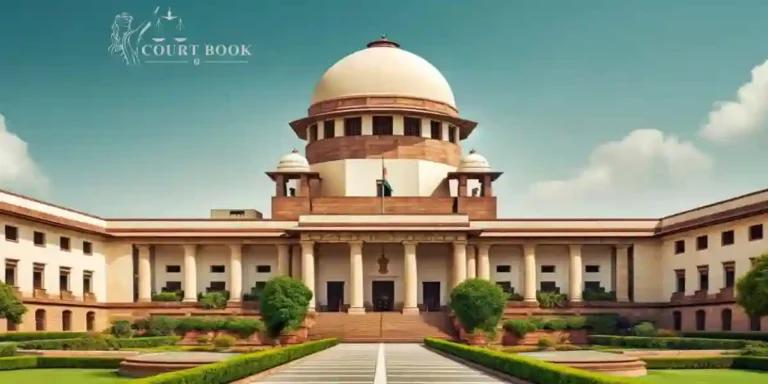The Supreme Court has reinstated the rule mandating a minimum of three years of legal practice to apply for Civil Judge (Junior Division) posts, citing significant issues caused by allowing fresh law graduates into the judiciary without any prior courtroom experience.
“For the last 20 years, during which the recruitment of fresh law graduates have been appointed as judicial officers without a single day of practice at the Bar has not been a successful experience. Such fresh law graduates have led to many problems,” the Supreme Court observed.
The Court pointed out that judicial officers are expected to handle serious matters—such as issues related to life, liberty, property, and reputation—right from the beginning of their tenure. In this context, the Court underlined that theoretical knowledge from books or short-term training cannot replace the value of real-world legal practice.
“Neither knowledge based on law books nor pre-service training could be an adequate substitute to the first-hand experience of the working of the court system and administration of justice,” the Court stated.
The judgment emphasized that practical exposure is essential. It noted that future judges must be familiar with the courtroom environment, including how arguments are presented and how judicial proceedings are managed. This practical insight, according to the Court, is key to understanding the responsibilities and challenges of a judge’s role.
Agreeing with the position taken by several High Courts, the Supreme Court supported the introduction of a mandatory practice period before entry into the judiciary.
“The candidates should be equipped to understand the intricacies of a judge and therefore, we are in agreement with most of the High Courts that the requirement of the introduction of certain number of years of practice is necessary,” the Court added.
However, the Court made it clear that this new rule will only apply to upcoming recruitment drives. Any recruitment processes already announced by High Courts will continue as per existing rules.
Read Also: Supreme Court: Name in Draft NRC Does Not Cancel Foreigners Tribunal’s Declaration
Additionally, the Court clarified that experience gained while working as a law clerk to a judge will be considered valid towards meeting the three-year practice requirement.















